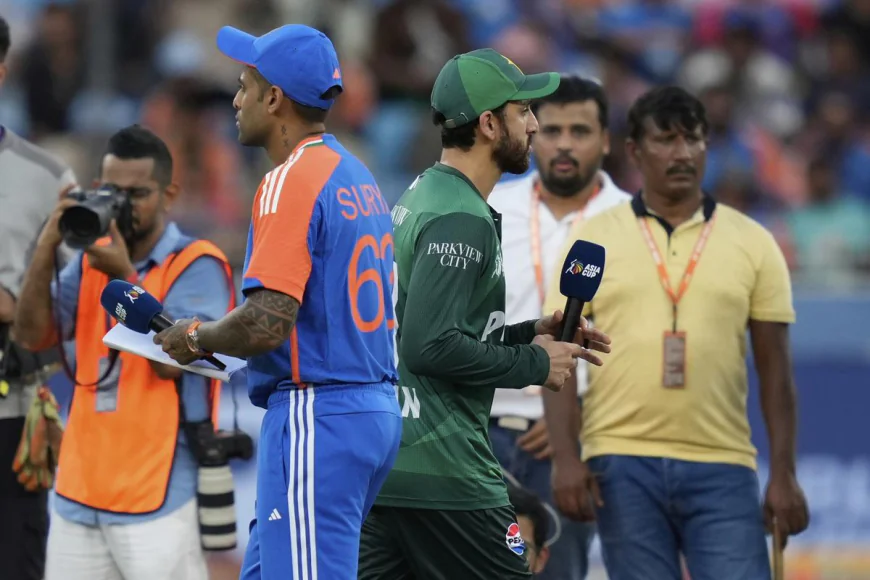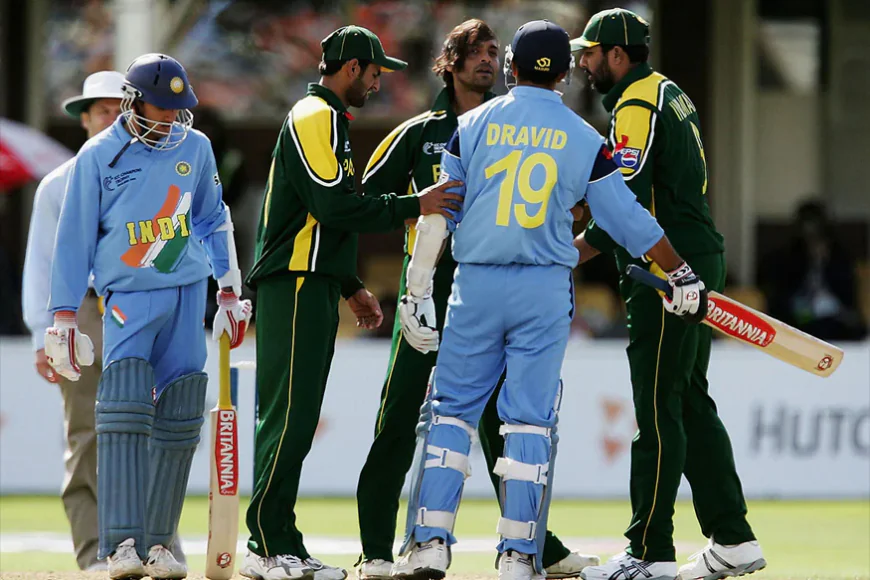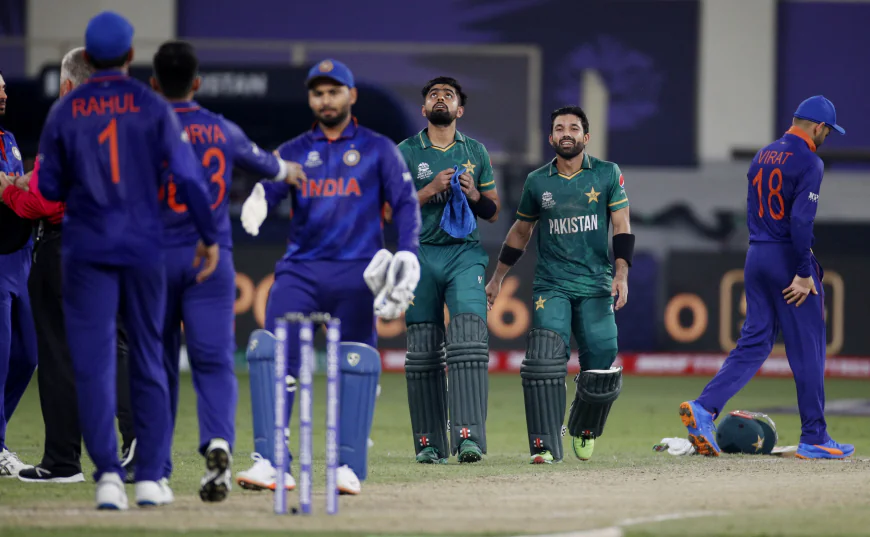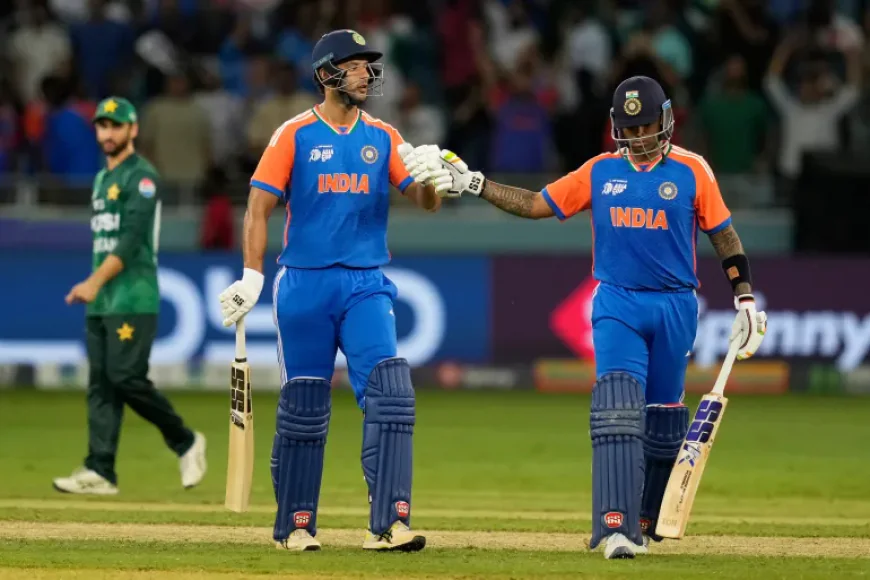Beyond the Boundary: Pycroft’s Call and the Handshake Controversy
The focus is on the post-match handshake that sparked debate about sportsmanship, respect, and the spirit of the game. While one side viewed the refusal to shake hands as a breach of cricket’s gentlemanly traditions, others defended it as a legitimate protest against questionable officiating. The piece goes beyond the immediate incident to examine the cultural significance of handshakes in cricket, the thin line between defiance and disrespect, and how Pycroft’s call reignited discussions on where competitive passion ends and sportsmanship begins.

The Indian cricket team's unethical behavior
The Asia Cup 2025 match between long-time rivals India and Pakistan faced controversy, not from the gameplay, but from an unusual incident involving match referee Andy Pycroft.
Reports indicate that Pycroft told Pakistan captain Salman Ali Agha at the toss not to shake hands with Indian skipper Suryakumar Yadav. This decision surprised many, as handshakes are a well-known sign of sportsmanship and respect in cricket.

After the game, the lack of handshakes between players from both teams added to the tensions. The Pakistan Cricket Board (PCB) quickly filed a formal complaint, claiming that Pycroft’s instruction violated the ICC Code of Conduct and the MCC’s Spirit of Cricket.
The PCB called for Pycroft to be removed from further officiating roles in the Asia Cup, arguing that his actions undermined the integrity of the tournament. However, the ICC turned down Pakistan’s request and supported their official.
In its defense, the PCB pointed out that Pycroft had not informed the Pakistani team in advance about any “no handshake protocol,” which caused confusion and misunderstandings during the match.
Historical Context:

India-Pakistan Flashpoints
This is not the first time that sports events between the two nations have faced controversy. Over the years, India has often been accused of unsportsmanlike conduct and political tactics when playing against Pakistan:
2003 World Cup (Centurion)
Several Pakistani players, including Waqar Younis, later voiced their frustration over India’s sledging tactics and the lack of support from match officials during this intense match.
2019 World Cup (Manchester)
India’s players wore army camouflage-style caps during their game against Australia. This action drew international criticism as a political statement. Pakistan submitted an official protest, arguing that cricket grounds should not feature military symbols, especially in a tense political environment.
2021 T20 World Cup (Dubai)

After Pakistan’s historic 10-wicket win over India, some Indian media and former cricketers aimed hostile comments at the Pakistan team instead of recognizing their achievement. The PCB condemned this reaction as unsportsmanlike.
Repeated Boycotts: India has frequently refused to travel to Pakistan for bilateral series due to political reasons and has insisted on neutral venues. This has often been seen as undermining Pakistan’s cricketing independence.
Conclusion

The “Handshake Row” at the Asia Cup 2025 has once again shown how Indo-Pak cricket is prone to controversy, both during games and outside of them. While match referee Andy Pycroft’s role faces criticism, the larger history of India-Pakistan clashes indicates that these disputes are part of a long-standing pattern where politics, rivalry, and questionable sportsmanship mix with cricket matches.


